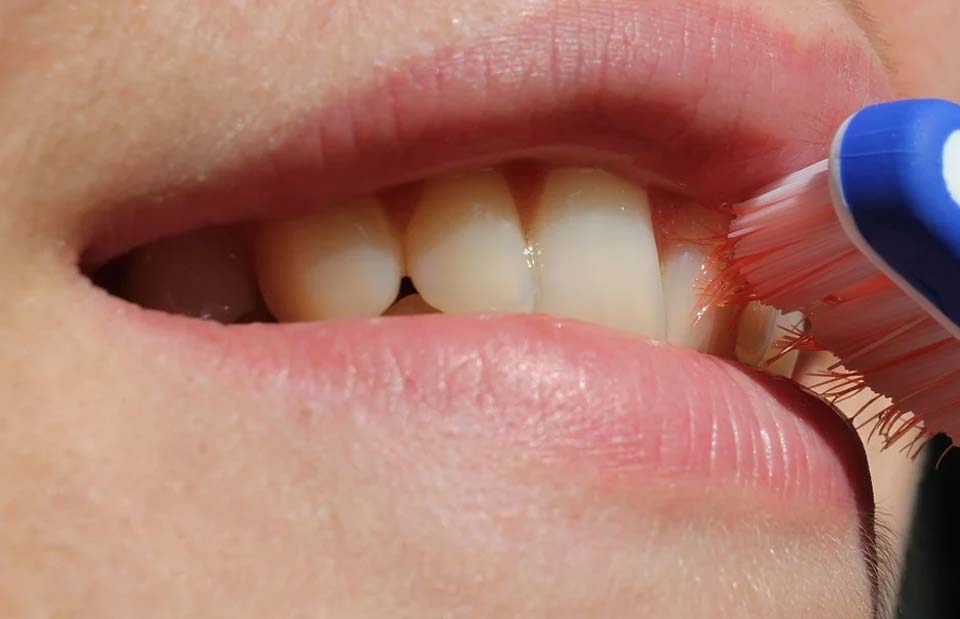

Dental hygiene is considered one of the fastest growing occupations, according to the U.S. Bureau of Labor Statistics. The employment for dental hygienists is expected to increase by as much as 30%, which is classified as much faster than the average growth rate for all occupations. The opportunities and career advancement for hygienists makes it one of the most promising occupations through the next decade. Thus, if you have great motor skills, have a genuine interest in educating others about maintaining their health, and enjoy working with different types of people, you might want a career in dental hygiene.
Dentistry is an important issue that comes with dental health. Everyone will have to sit in a dentist’s chair at least once in their life, either for a simple dental examination or a root canal surgery. The individuals who work on our teeth should therefore be someone who is properly trained in a dental hygiene school.
In 2006, 167,000 jobs were held by dental hygienists. Almost all of them worked in the offices of the dentists but a small number worked in physician offices, employment services, and other fields. The hygienists closely work together with dentists and dental assistants and have direct interaction with patients; thus, they must have the ability to communicate effectively with different types of people.
Dental hygienists are focused on the following:
– Applying of preventive agents like fluorides and sealants to teeth – Educating about oral health care, oral health problems caused by diet or tobacco, selection of toothbrushes, use of dental floss, etc. – Evaluating patient’s oral health – Exposing, processing, and interpreting dental x-ray films – Removing calculus deposits, plaques, and stains along the gum line
Dental hygienists need to graduate from an accredited program. After which, they are then eligible to take the state and national licensing exams. The state administers its own licensing examination, while the national exams are given by the American Dental Association.Upon completion of the licensing process, the title as Registered Dental Hygienist is then given.
Individuals who have decided to start a career in dental hygiene should obtain an associate, baccalaureate, or master degree from a school that offers dental hygienist programs accredited by the Commission on Dental Accreditation. Formal training and dental hygiene education are received at community colleges, technical schools, vocational schools, dental schools, and universities. An associate degree program takes around two years to complete, whereas, a baccalaureate degree requires at least four years of classes and training. Some schools that offer baccalaureate degree programs require that prospective dental hygienists complete at least two years of college before they are enrolled in the program. The degree programs also include practicum practices, where students have internships in actual work settings to gain and develop their technical and clinical skills.

Unni
- March 23, 2020This is a test Comment on Article
Unni
- March 23, 2020Testing going on
Unni
- March 23, 2020This is a test, Kindly ignore it